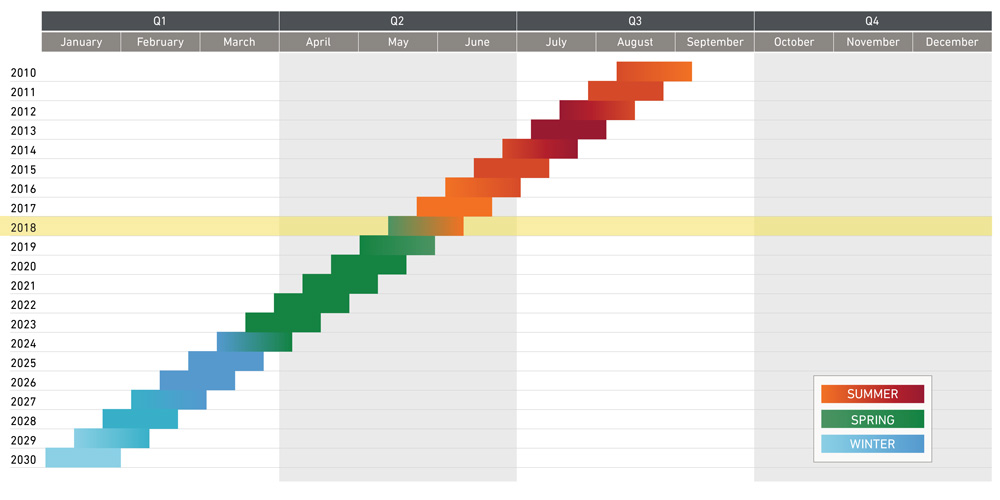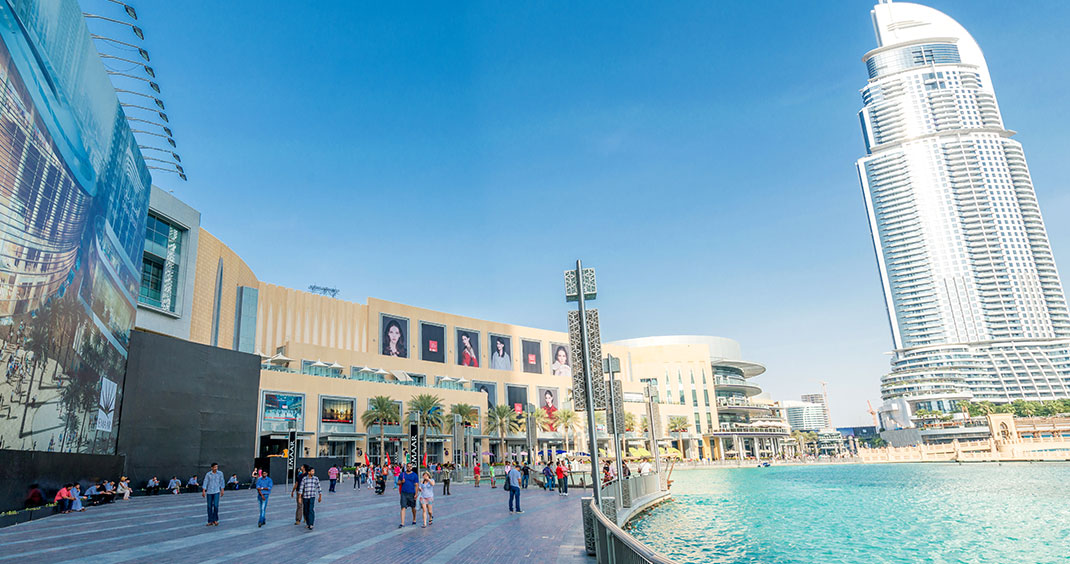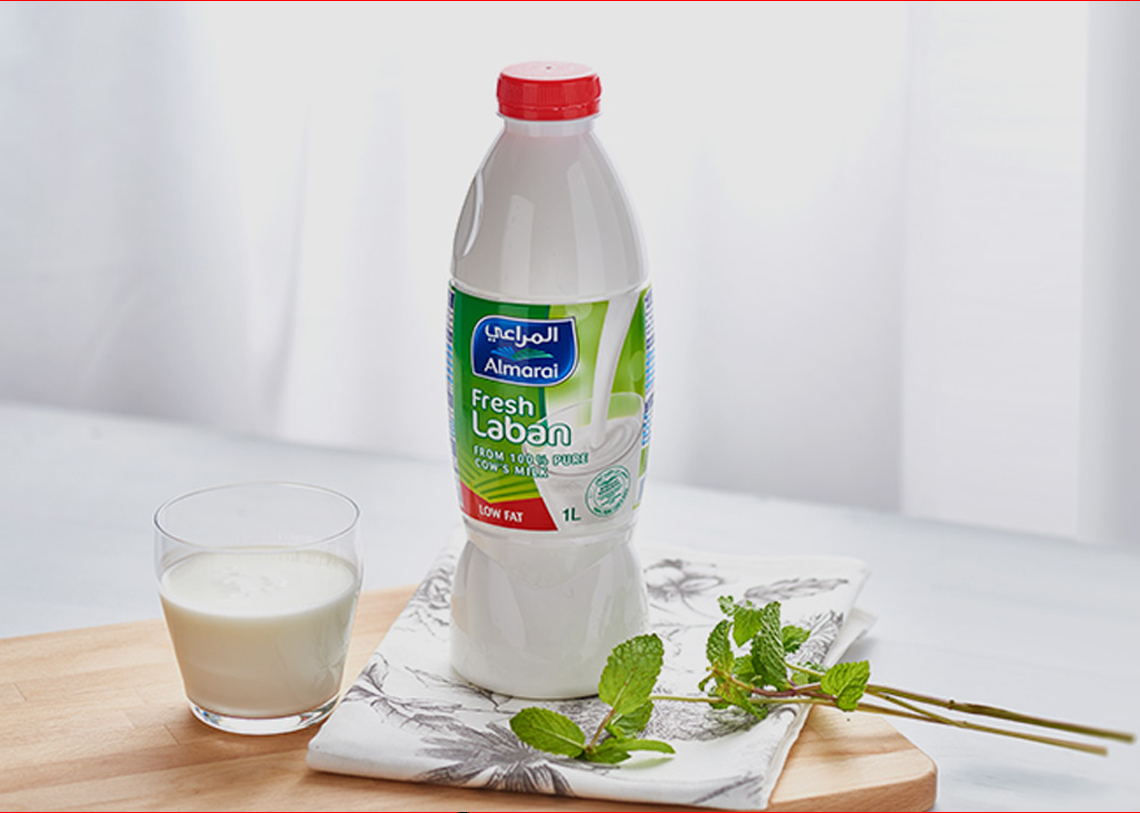Sergey Dubin and Babatunde Ojo discuss Ramadan’s effects on businesses and investments.
During the Islamic holy month of Ramadan, most of the world’s 1.6 billion Muslims forgo eating and drinking from dawn to dusk. In Muslim-majority countries, sales of many food and beverage items plummet, while others, such as quick-to-prepare powdered drinks and instant soups, fly off the shelves. During the daytime, fewer people visit stores while restaurants are shuttered or sit empty. Many businesses, however, make up for lower daytime sales—or even exceed them—by extending shopping hours late into the night. In workplaces, activity falls due to shorter work hours and employee lethargy. One economist found that worker productivity dropped by as much as 50% during the observance.1
Ramadan’s effects on businesses in Muslim-majority countries, as well as in countries with significant Muslim minorities such as Tanzania, Ethiopia, and India, can be significant and therefore important for investors in these markets to understand. But its impact is not as easy to predict as that of Christmas, the Hindu festival of Diwali, or the Chinese New Year because the month-long celebration is not pegged to the same season each year. The Islamic calendar, which determines the dates of Ramadan, is based on the lunar cycle, but unlike other moon-based calendars does not use corrective leap periods to keep dates in line with seasons over time. As a result, Ramadan—along with every other holiday in the Islamic calendar—moves 10–12 days earlier relative to the Gregorian calendar each year, taking about 32 years to cycle around completely.
“Understanding Ramadan’s various effects, and how these effects change from year to year, is essential for investors in frontier markets, as over a third of these economies are Muslim-majority countries,” says Harding Loevner Frontier Emerging Markets Analyst Babatunde Ojo, CFA. “But factoring Ramadan into financial models can be a relatively complicated process. There’s a lot to think about.”
Ramadan’s slow movement across the calendar carries a range of ramifications for businesses. For one, when Ramadan falls in summer, as it did in the Northern Hemisphere from 2010 to 2016, fasting hours are hotter and longer. Fasters who abstain from drinking water are more tired, and therefore less inclined to shop. When Ramadan falls in winter, however, the hours of daylight fasting are shorter and nights are cooler—factors conducive to more spending. “As Ramadan moves into spring and then winter over the next 10 to 15 years, the fast’s negative impacts on some products should be less pronounced,” says Ojo.
Ramadan’s Slowly Shifting Seasonality
Timing of Ramadan relative to Northern Hemisphere seasons, 2010-2030

Ramadan can have a particularly detrimental effect on sales when it coincides with a seasonal product’s peak period. One example is the Moroccan brewer Brasseries du Maroc. As beer sales normally spike in the hotter months, the overlap of Ramadan with summer over most of the past decade has been a significant headwind for the North African brewer. Not only are daytime sales lost due to bar and restaurant closings, nightly consumption declines as well due to the month’s encouragement of personal purity and piety. Many would-be drinkers heed Islam’s ordinance against alcohol consumption, at least temporarily. “These types of companies are hit hard as they lose a large portion of their peak sales due to Ramadan, but unlike other companies, they don’t get the same chance to recover them later in the year,” explains Ojo. The result can be a lost decade, of sorts. “As Ramadan moves away from summer, we expect some of these companies to return to growth mode.”
On the other hand, products that have higher sales during Ramadan as well as in the hotter months have enjoyed particularly lucrative summers in the past few years due to the overlap. For instance, Almarai, a dairy company in Saudi Arabia, produces beverages that are both popular summer refreshments and a traditional way to break the Ramadan fast each evening. As a result, Almarai has enjoyed high summer sales of its drinks as people turned to its products for relief from the day’s fast—and from the heat.
Surging Ramadan Sales
Five food and beverage products that have higher sales during Ramadan
More subtly, Ramadan’s slow march through the seasons can mask the underlying demand growth of seasonal products. Brasseries du Maroc again provides a case in point. Ojo explains: “Beer has been growing in popularity in Morocco. However, much of this growth occurred while Ramadan moved from autumn into summer over the last decade or so, creating a greater drag on beer sales each year. As a result, the underlying rise in demand was, to an extent, canceled out by the downward trend produced by Ramadan’s shift further and further into peak beer season. As Ramadan moves away from peak beer season and into spring, Brasseries du Maroc’s revenue growth should be driven by the underlying increase in beer popularity as well as the diminishing drag of Ramadan on summer sales.”
Ramadan can lead to further complications when it extends over two financial quarters, as occurred from 2014 to 2016 (second and third quarter) and will next occur in 2023 and 2024 (first and second quarter). In these years, Ramadan can distort earnings reports for two quarters instead of one, making year-on-year company performance comparisons particularly tricky for investors.
Differing observance rates and degrees of government enforcement among countries are other variables for investors to consider. Observance is thought to be over 90% among Muslims in Gulf countries such as the UAE, Kuwait, and Saudi Arabia, where the governments require businesses to adhere to religious customs. Participation is lower in Lebanon and Turkey, where there are fewer Ramadan-related restrictions on commerce. Different proportions of non-Muslim residents also need to be factored in. Lebanon, for example, is over 40% Christian, and though all UAE citizens are Muslim, the vast majority of the country’s residents are foreign workers, many of whom are Hindu and Christian.
Source: Pew Research Center, 2012
“Frontier markets tend to be less efficient than developed markets, creating opportunities for investors who have a more comprehensive understanding of available information to outperform,” says Ojo. Because Ramadan’s various effects change over time, alert investors may be more likely to find mispriced stocks in these markets. “Investors who don’t have an understanding of Ramadan’s nuances might be surprised when they buy or sell stocks based on the assumption that unusually high or low earnings will continue, not realizing this is a temporary effect,” Ojo says.
What did you think of this piece?
Contributors
Harding Loevner Analyst Babatunde Ojo, CFA contributed research and viewpoints to this article.
Endnotes
1James Melik, “How Does Ramadan Affect Businesses?,” BBC News, August 17, 2012.
Disclosures
The “Fundamental Thinking” series presents the perspectives of Harding Loevner’s analysts on a range of investment topics, highlighting our fundamental research and providing insight into how we approach quality growth investing. For more detailed information regarding particular investment strategies, please visit our website, www.hardingloevner.com. Any statements made by employees of Harding Loevner are solely their own and do not necessarily express or relate to the views or opinions of Harding Loevner.
Any discussion of specific securities is not a recommendation to purchase or sell a particular security. Non-performance based criteria have been used to select the securities identified. It should not be assumed that investment in the securities identified has been or will be profitable. To request a complete list of holdings for the past year, please contact Harding Loevner.
There is no guarantee that any investment strategy will meet its objective. Past performance does not guarantee future results.
© 2024 Harding Loevner
Disclosures
The “Fundamental Thinking” series presents the perspectives of Harding Loevner’s analysts on a range of investment topics, highlighting our fundamental research and providing insight into how we approach quality growth investing. For more detailed information regarding particular investment strategies, please visit our website, www.hardingloevner.com. Any statements made by employees of Harding Loevner are solely their own and do not necessarily express or relate to the views or opinions of Harding Loevner.
Any discussion of specific securities is not a recommendation to purchase or sell a particular security. Non-performance based criteria have been used to select the securities identified. It should not be assumed that investment in the securities identified has been or will be profitable. To request a complete list of holdings for the past year, please contact Harding Loevner.
There is no guarantee that any investment strategy will meet its objective. Past performance does not guarantee future results.
© 2024 Harding Loevner











